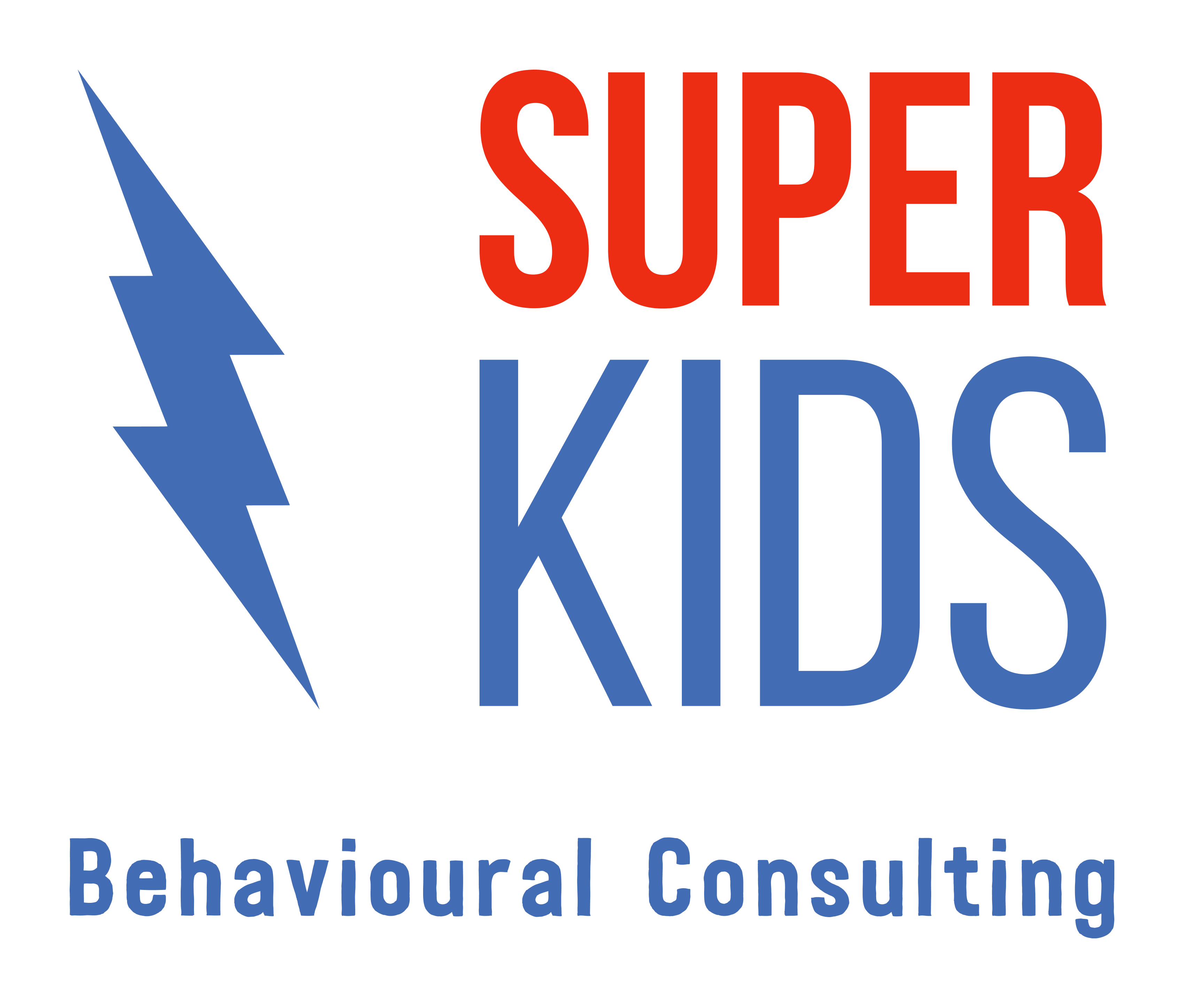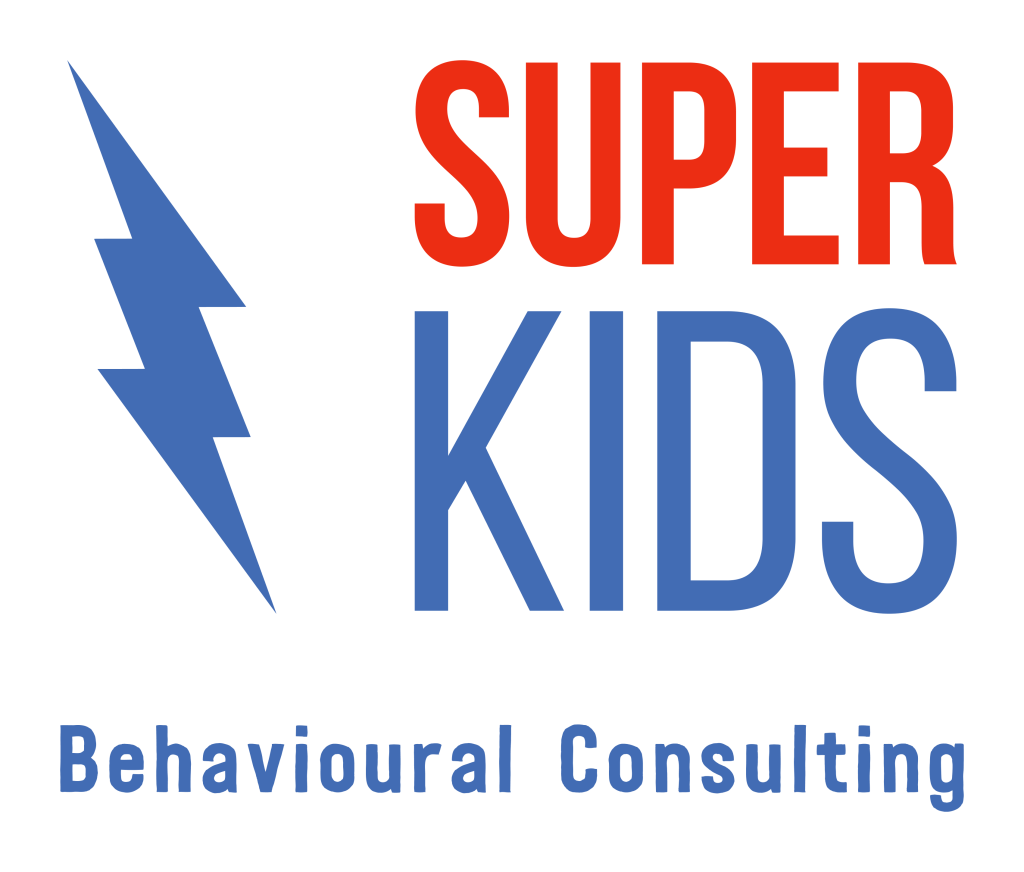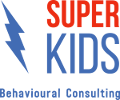CBA vs BSP: Understanding the Differences Between Behaviour Therapy Roles in Australia

Renee Collins
Clinical Director

If you’re a parent navigating the world of behaviour support in Australia, chances are you’ve come across a maze of titles, Behaviour Therapist, Behaviour Support Practitioner (BSP), and Certified Behaviour Analyst (CBA). It’s a lot to take in, especially when you’re already managing appointments, NDIS plans, and daily family life.
So, what’s the actual difference between these roles? And more importantly, who does what and who’s the right fit for your child’s needs?
Behaviour Therapist: The Frontline Helper
Think of a Behaviour Therapist (also referred to as an ABA Therapist) as the hands-on helper. They’re often the ones working directly with your child day-to-day, using strategies grounded in Applied Behaviour Analysis (ABA).
What They Do:
- Work 1:1 with your child to build skills (communication, daily routines, social skills)
- Reduce challenging behaviours using ABA-based techniques
- Must be supervised by and follow a plan created by a supervisor (usually a Certified Behaviour Analyst)
- Take data during sessions to track progress
Qualifications:
- Vary widely – some may have a psychology or education background, while others receive on-the-job training
- Supervised by more senior practitioners (like a BSP or CBA)
Ideal For:
- Families needing regular, in-home or clinic-based support with a practical, play-based approach
- Families who want higher intensity of services
Behaviour Support Practitioner (BSP): The NDIS Navigator
Under the NDIS framework, a Behaviour Support Practitioner (or BSP) is the person responsible for writing and implementing Behaviour Support Plans (BSPs) especially when a child is showing behaviours of concern or restrictive practices are involved.
What They Do:
- Conduct behaviour assessments
- Create Functional Behaviour Assessments (FBAs) and Behaviour Support Plans
- Identify strategies to reduce restrictive practices
- Collaborate with families, schools, and therapy teams
- Lodge plans with the NDIS Commission (if regulated)
Qualifications:
- Must be NDIS-approved (meaning they’ve met certain education and experience requirements)
Ideal For:
- Children with complex needs requiring formal behaviour support under the NDIS
- Families needing a behaviour plan to access support at school or in care settings
Certified Behaviour Analyst (CBA): The Clinical Expert
A Certified Behaviour Analyst (CBA) is a highly trained professional with formal certification in ABA. This is the gold-standard. In Australia, this is often someone with a Board Certified Behaviour Analyst (BCBA) or Certified Behaviour Analyst (CBA) qualification, who’s recognised for their expertise in behaviour science.
What They Do:
- Oversee ABA programs and supervise therapists
- Conduct detailed assessments and design individualised interventions
- Provide training to parents, educators, and therapy teams
- Ensure ethical and evidence-based practices are in place
Qualifications:
- Master’s level education (or higher) in ABA or psychology
- Certified by an international or local board (e.g., ABA Australia, BACB)
- Significant experience working in clinical or educational settings
Ideal For:
- Families looking for a high-level clinical leader
- Children with complex or evolving behavioural needs
A Quick Note on Titles
In Australia, provider titles aren’t always consistent, which makes things confusing. Some organisations may use different job titles for similar roles, such as Behaviour Consultant, Program Supervisor or Behaviour Analyst, so it’s okay to ask:
- Who supervises this therapist?
- Are you NDIS-registered as a BSP?
- Is there a Certified Behaviour Analyst involved in the program?
Final Thoughts
When it comes to choosing support for your child, don’t get lost in the alphabet soup. What matters most is that the team:
- Communicates clearly
- Works collaboratively
- Delivers evidence-based, ethical support
- Values your role as a parent
Still unsure whether you need a CBA vs BSP, or want to better understand your child’s ABA therapist’s role? Let’s chat. We’re here to help you navigate behaviour support in Australia, without the jargon.
Super Kids acknowledges each individual’s personal preference to use identity-first or person-first language to describe themselves or their loved one. We interchangeably use both language conventions and therefore refer to both Autistic children and children with Autism.






